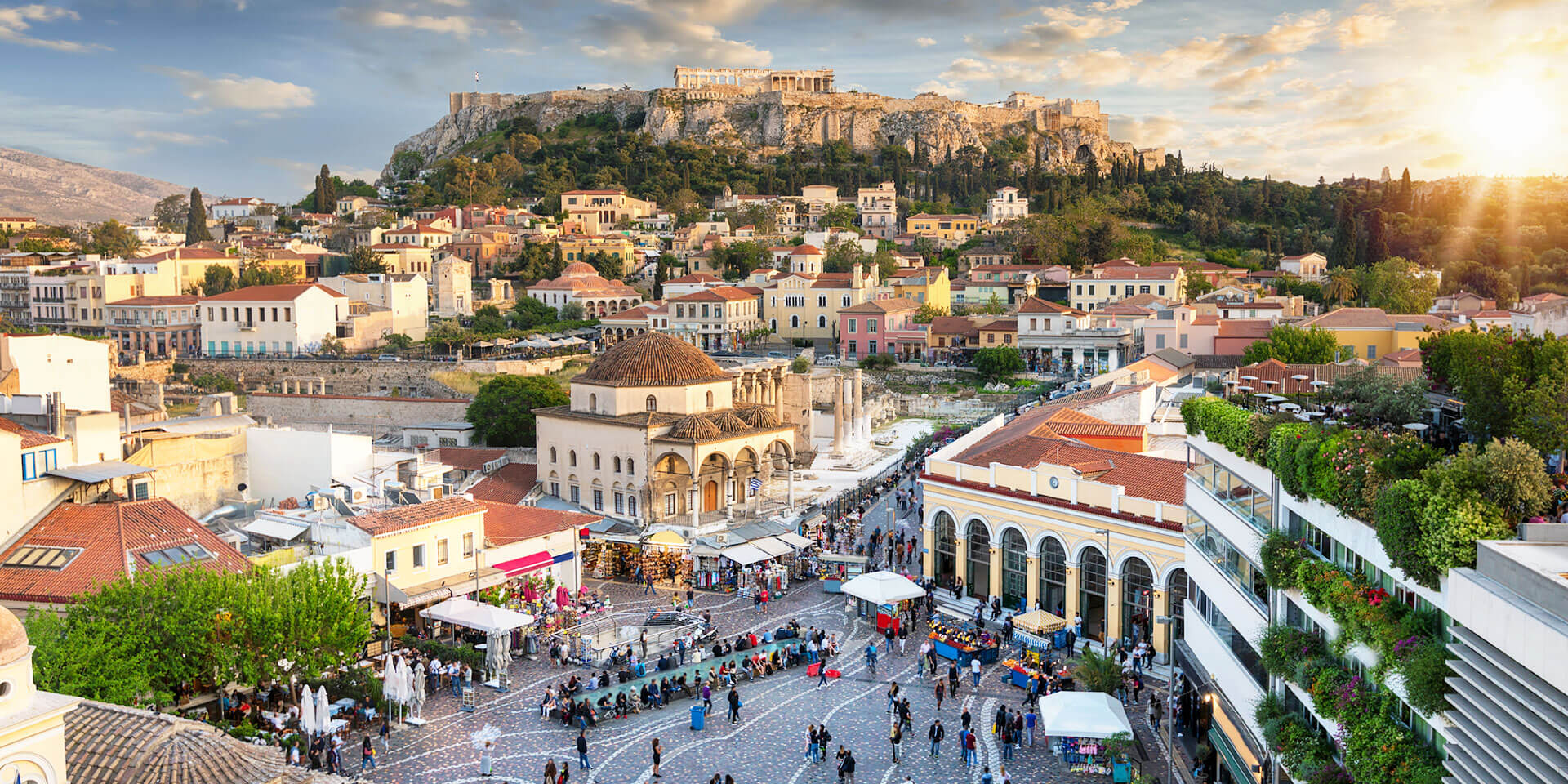Note from the Publisher: This piece belongs to the Merion West Legacy series, referring to articles and poems published between 2016 up to Spring 2025.
Review: Bruce Clark’s “Athens: City of Wisdom”

“Athens: City of Wisdom is a tour through over 3,000 years of the history of a city that has such imaginative sway and spiritual power over the hearts and minds of so many people around the world today.”
Timeless reading in a fleeting world.
Journalism
Commentary
Poetry
Merion West is an independent publisher, celebrating the written word since 2016.
Join Now
$3/month Free
If unable to pay, click here.

